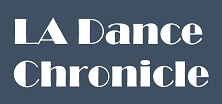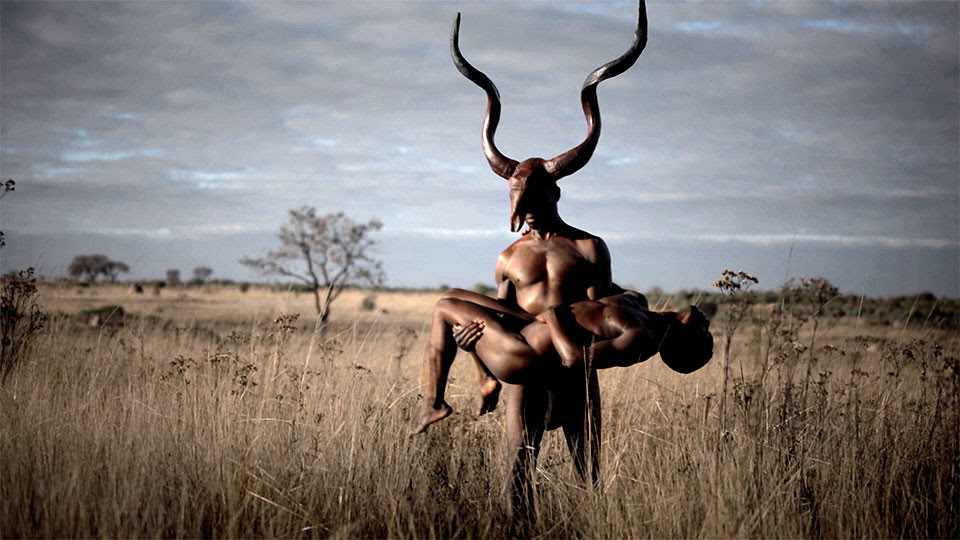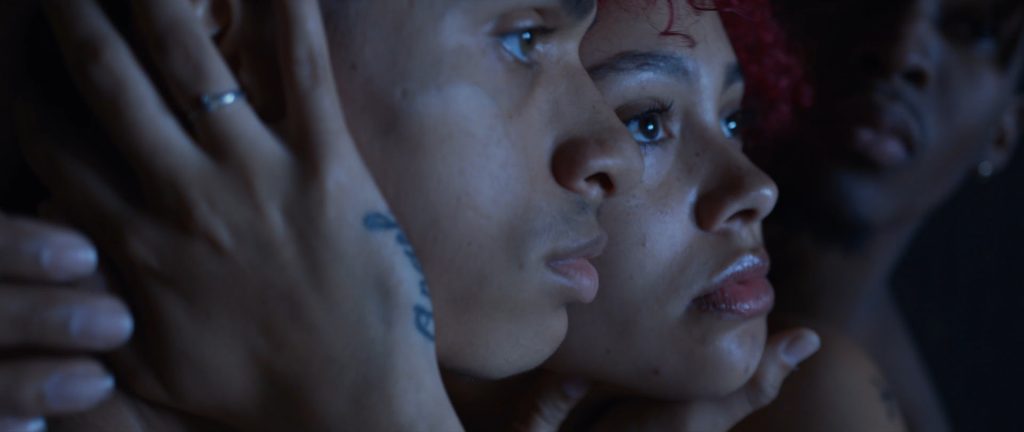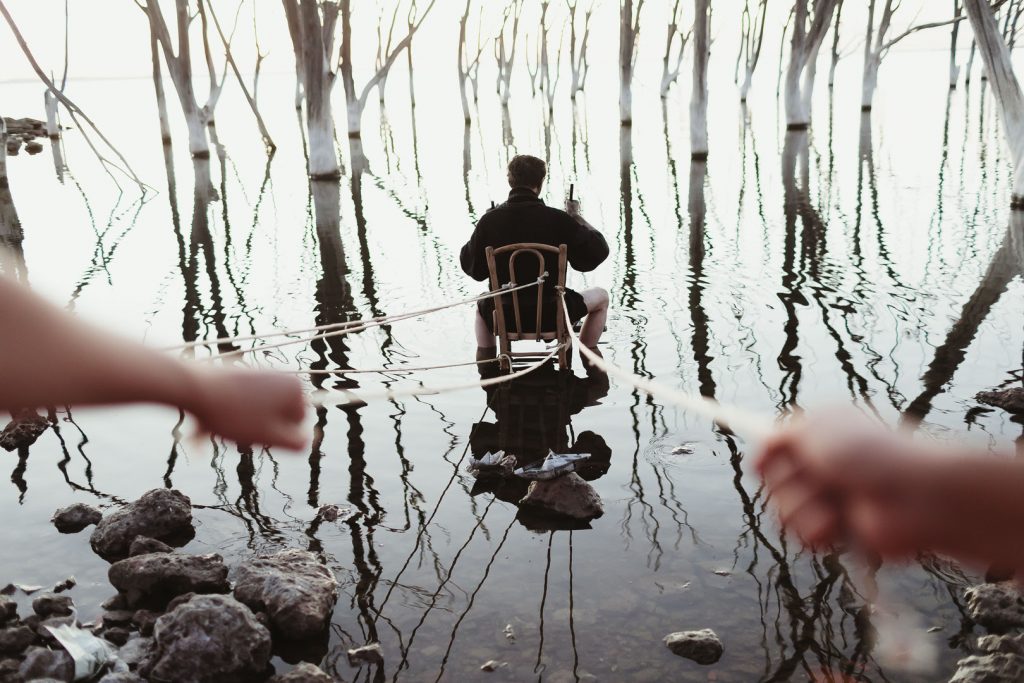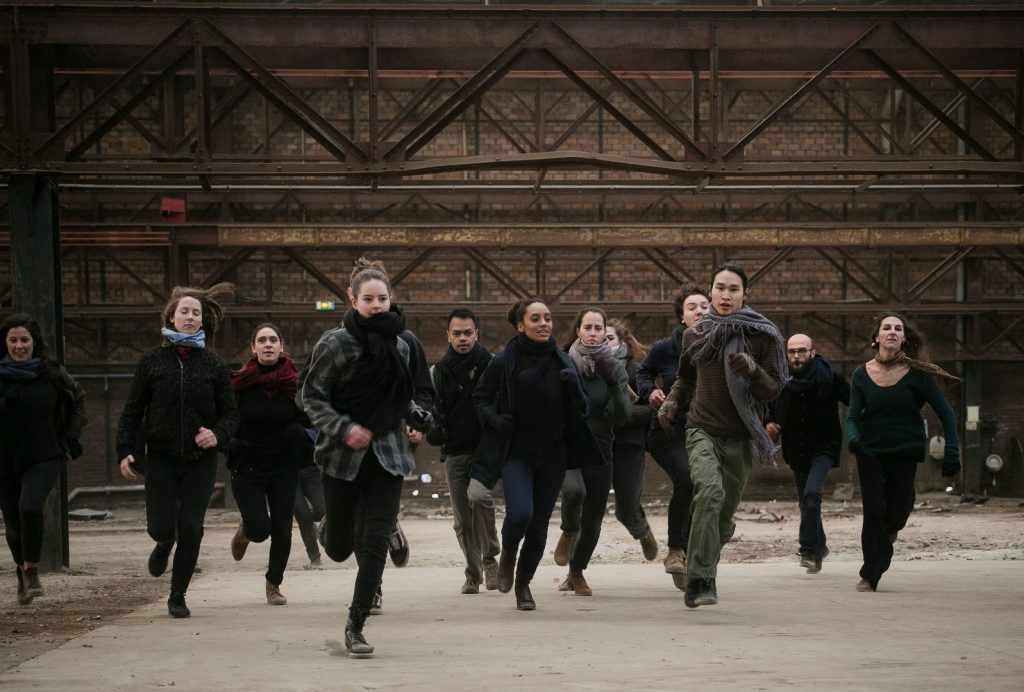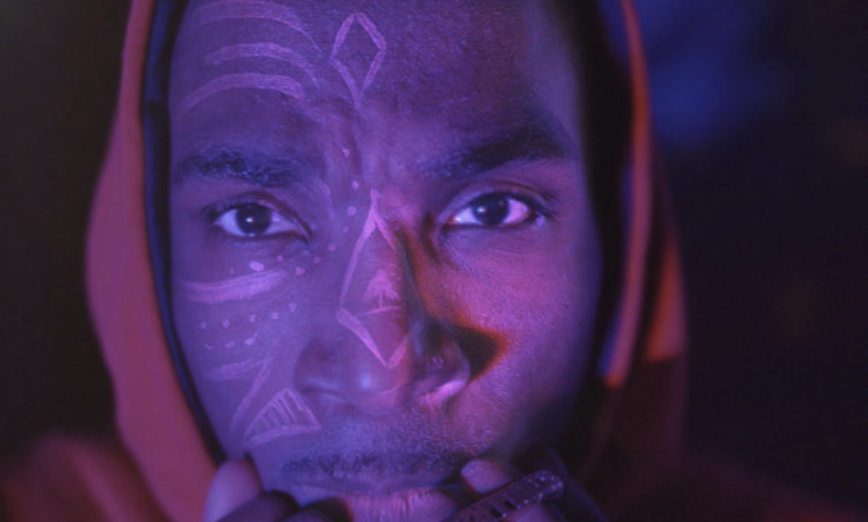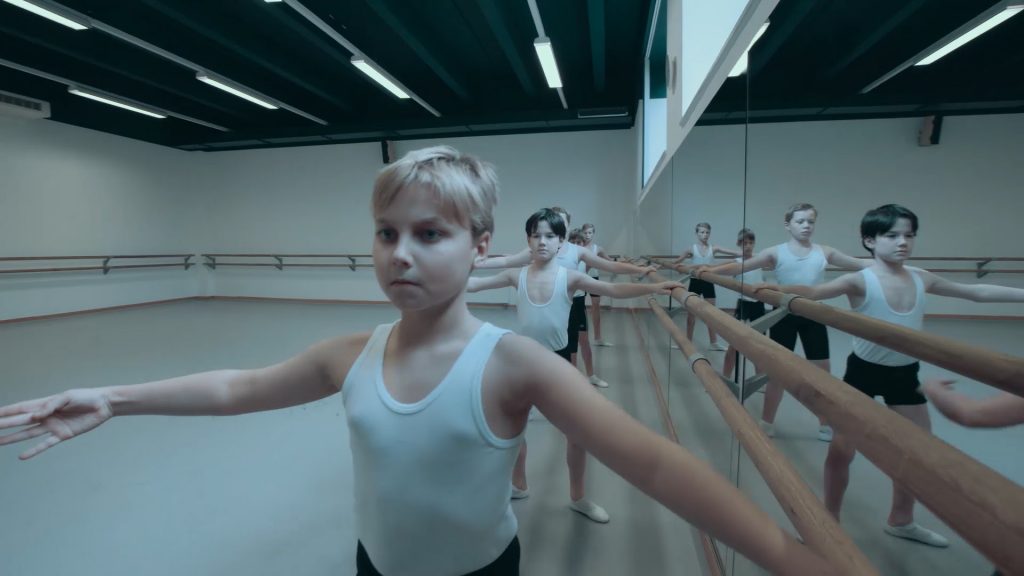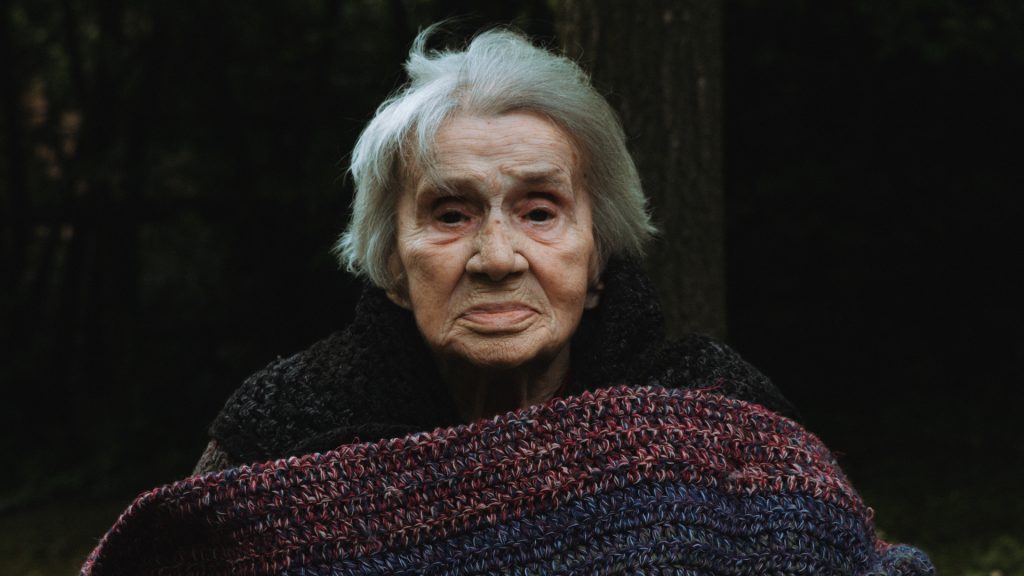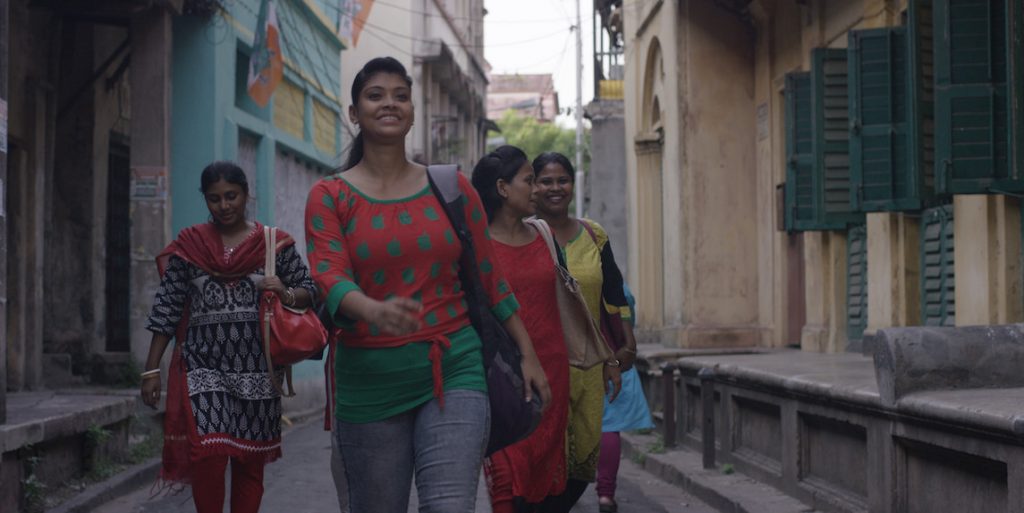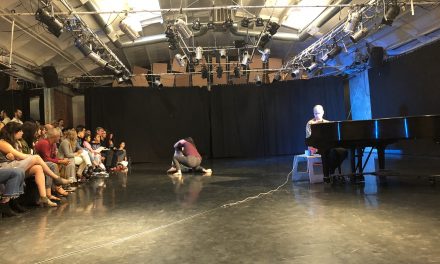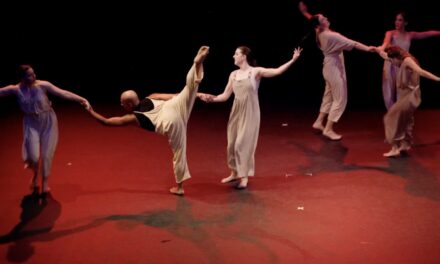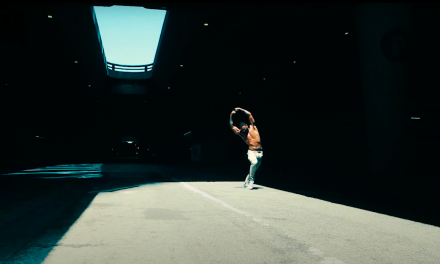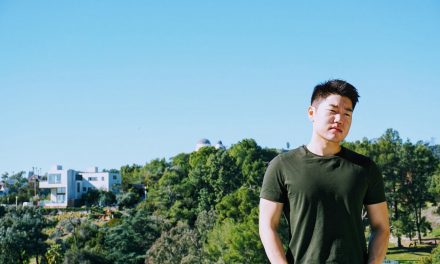Dance Camera West Film Festival was Co-founded in 2001 by Dancer, Choreographer, Filmmaker, and Director Kelly Hargraves and Dance Media Producer, Consultant, and Director Lynette Kessler. The two women headed the festival for eight years before Tonia Barber took over as Executive Director in 2009. Since 2009, films were shown in multiple venues during the festival. In the fall of 2018 Hargraves returned to Dance Camera West (DCW) as Executive Director and will return the festival to its home at REDCAT January 9 through 11, 2020 with screenings of 50+ short, experimental and documentary films. This will be preceded by a screening of CalArts School of Dance and Director Kevin Frilet’s film “One Another”.
At 8:30 PM on opening night, the festival will feature film screenings by choreographers Edouard Lock, founder of the renowned Canadian company La La La Human Steps, and renowned filmmaker Katrina McPherson of Scotland, followed by a Q&A. The festival will also include a full evening documentary of Germany’s Sasha Waltz (Kreatur), Spain’s Sol Pico, and many up and coming dancers and filmmakers.
I interviewed Hargraves for LA Dance Chronicle in October of 2018 when I heard that she was returning as Executive Director of DCW and approached her for this preview article when she announced the festival dates. My first question was how it felt to have the DCW Film Festival back at REDCAT.
“I’m having so much fun!” Hargraves said. “I am lucky to be working with an enthusiastic team who keeps it possible to maneuver.” This was a reference to DCW’s Board Members and Staff including George Lugg (Chair), David Roussève, Cati Jean, Lynn Tejada, Elena Minor, and Sophie Robertson.
Hargraves said that a record number of films applied this year, 325 submissions from over 40 countries, and that they had to limit number of films, with an entire list that they would have loved to include. “We are trying to find another sponsor and venue for the long form films.” Hargraves said. This would mean adding another day to the festival.
I asked if there were any films on the festival that were made by local filmmakers. “I am happy to say that yes there are a few.” Hargraves said. She explained that the judging and selection was based purely on quality and not by region. “It is gratifying to see a number of U.S. films be featured and particularly some from the LA area.”
The countries represented at the festival this year are indeed world-wide, including Korea, China, Japan, all the Americas, the middle east and Europe. When asked subjects or topics the films covered Hargraves related that they include families, identity, repression, frustration, passion and division. “I am happy that they aren’t too dark, however.” She said.
The film categories for the festival include Experimental Short, Narrative Short, Documentary Short and Documentary Feature and I was curious about how these were chosen. “Those are standard categories that have been part of film fests in the program we use for submissions.” Hargraves explained. “We do have most of those represented, although we tend to stay away from feature narratives, for instance, dramatic films where someone happens to dance. We want a real hybrid of both film and dance in unison.” Most of the films shown have running times under 20 minutes, but the ones that are made for broadcast are a bit longer.
There is a film about a well-know dancer who does not perform in the U.S. Another follows dancers at the very beginning of their training and another is about a renowned dancer reflecting on his career. “The Sasha Waltz film is a full evening work, so technically a documentary.” Hargraves said. This will be the first time this film has been seen here. “It’s also super cool!”
Award winning choreographer Édouard Lock founded La La La Human Steps in 1980 and has been invited to create works for several of the world’s leading dance companies including the Paris Opera Ballet, The Nederlands Dance Theater and the Royal Ballet of Flanders. He co-conceived and was artistic director for David Bowie’s world tour, Sound and Vision, and has collaborated with numerous renown composers. Lock also directed the film adaptation of Amelia which won its category at the Chicago International Film Festival, the Prague International Film Festival and the Rose d’or Festival in Switzerland.
Katrina McPherson is an award-winning artist, performer, scholar, curator, and educationalist who, for over 30 years, has been researching and contributing to the development and advancement of screen dance. In addition to her many awards McPherson has created single screen films and videos, installations, live dance performances and interactive on-line productions. She is an Associate Artist at Dance Base in Edinburgh and a Dance North Artist. She is the author of Making Video Dance – a step-by-step guide to creating dance for the screen, and Watch film, watch dance films, watch more dance films, published in the International Journal of Screen Dance (Vol 6, 2016). McPherson is currently an Associate Professor of Screendance at the University of Utah.
Over the past several years the DCW Film Festival included live dance performance by local dance companies or independent dance artists. Not so this year. “For this revamping year of the festival, I am trying to solely concentrate on dance made for screen.” Hargraves said. “I think it’s an art form that can stand alone.”
Because the festival is 11 hours of films over 3 days, Hargraves understands that the prospect could be overwhelming and/or exhausting. “REDCAT is comfy and there will be good food, good wine and good company, so it will hopefully turn into a clubhouse for dance and film makers from around the world to get to know each other.”
Hargraves and her staff continue to work hard and find new ways to help screen dance film makers create work, and to make it accessible. At present DCW absorbs the screening fees and, with limited funds, are creating distribution avenues so that the films will be seen beyond this weekend’s festival.
“We are also creating touring programs and partnerships here and abroad so that DCW is more than a festival.” Hargraves stressed. “It’s a full-service dance film institution.”
Written by Jeff Slayton for LA Dance Chronicle, December 21, 2019.
For more information and to see the full Dance Camera West Film Festival screening schedule, click here.
Featured image: Making Men by Antoine Panier – Short 20:00 (Belgium)
